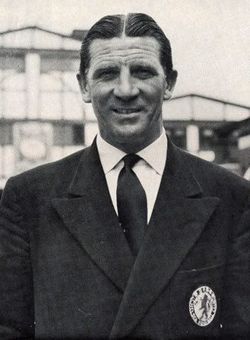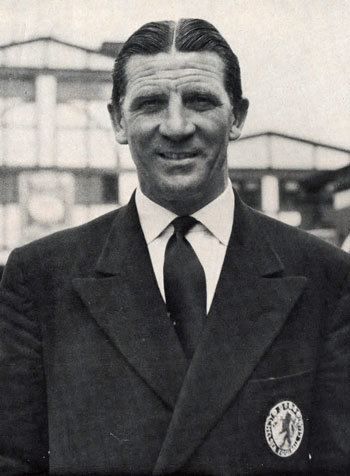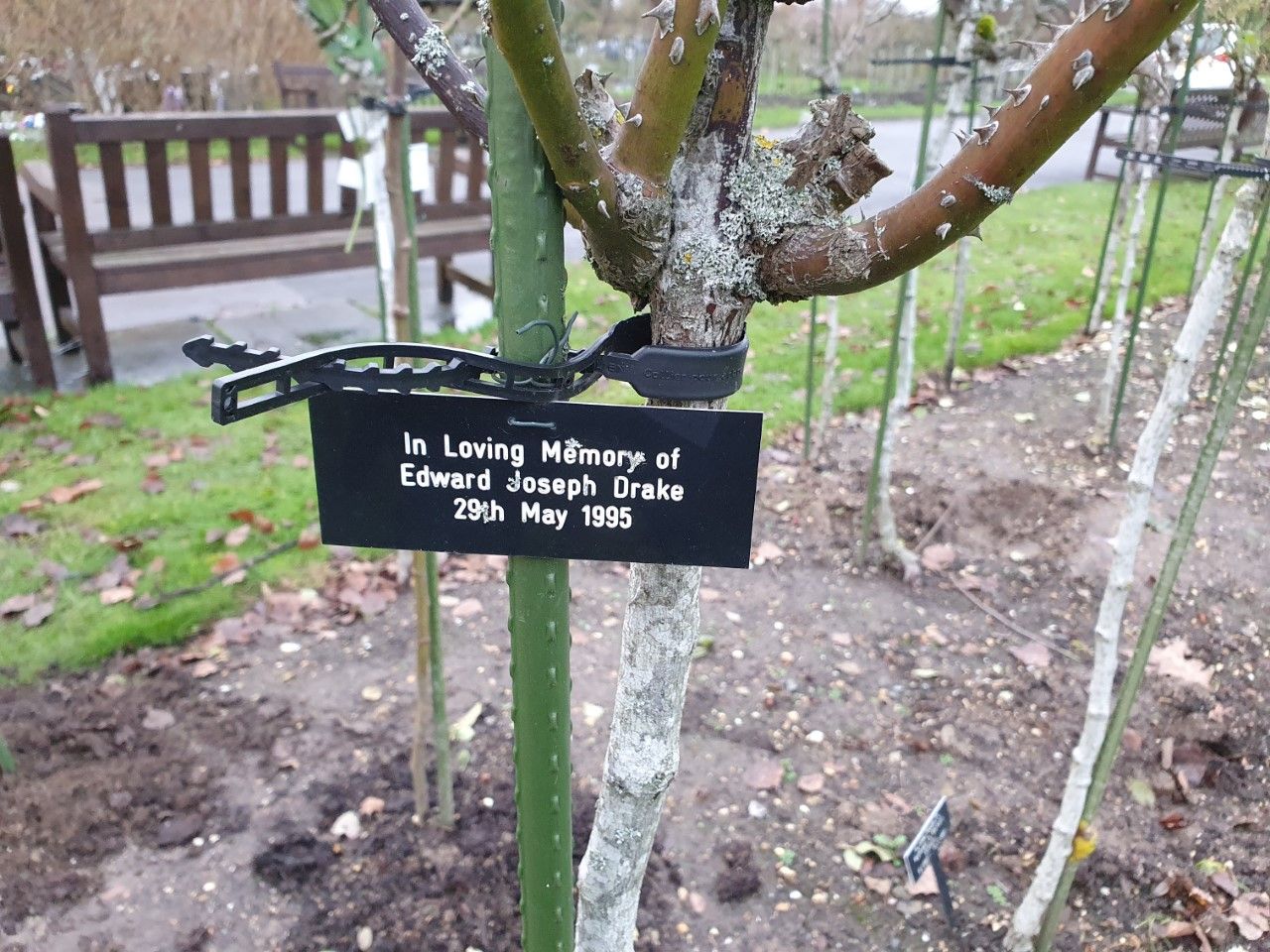After retiring from playing football, he became a manager, and while in charge of Chelsea he took the club to its first league title. He was also a cricketer, but only ever played sparingly for Hampshire.
Ted's exploits at club level brought him recognition at international level, and he made his England debut against Italy in the "Battle of Highbury" on 14 November 1934. He scored the third goal in a heated 3–2 win. With England Ted also went on to win the 1935 British Home Championship title. In total he won five caps, scoring six times for the Three Lions.
He made his cricket debut for Hampshire in 1931 and shared a vital stand of 86 with Phil Mead against Glamorgan. He made 45 but never reached this score again in the 15 further matches he played over the next six years, first as an amateur and then as a professional.
After retiring as a football player, Ted managed Hendon in 1946, and then Reading from 1947. He led the club to the runners-up spot in Division Three South in 1948–49 and again in 1951–52, though at the time only the champions were promoted.
Ted was appointed manager of First Division Chelsea in June 1952. Upon his arrival at Chelsea, he made a series of sweeping changes, doing much to rid the club of its previous amateurish, music hall image. He discarded the club's Chelsea pensioner crest and with it the Pensioners nickname, and insisted a new one be adopted. From these changes came the Lion Rampant Regardant crest and the Blues nickname. He introduced scouting reports and a new, tougher, training regime based on ball work, a rare practice in English football at the time. The club's previous policy of signing unreliable big-name players was abandoned; Drake instead used his knowledge of the lower divisions and the amateur game to recruit little-known, but more reliable players. These included John McNichol, Frank Blunstone, Derek Saunders, Jim Lewis and Peter Sillett
Within three years, in the 1954–55 season, Drake had led Chelsea to their first league championship triumph. In doing so, he became the first person to win the league title both as player and manager. However, Drake never came close to repeating the success. The championship-winning side was gradually broken up, to be replaced by the crop of youngsters emerging from the club's youth team, such as Jimmy Greaves, Peter Brabrook and Bobby Tambling.
Thereafter performances and results were very erratic, leaving the club stranded in mid-table; an FA Cup loss to Fourth Division side Crewe Alexandra weakened his position at the club and a few months later, Drake was sacked early into the 1961–62 season.
After leaving Chelsea, he became reserve team manager at Fulham, where he was also assistant to the manager Vic Buckingham. In December he joined Barcelona as assistant to Buckingham , staying until June 1970. He later returned to Fulham where he became a chief scout, director and life president of the Cottagers. Drake died at the age of 82 on 30 May 1995.
After retiring from playing football, he became a manager, and while in charge of Chelsea he took the club to its first league title. He was also a cricketer, but only ever played sparingly for Hampshire.
Ted's exploits at club level brought him recognition at international level, and he made his England debut against Italy in the "Battle of Highbury" on 14 November 1934. He scored the third goal in a heated 3–2 win. With England Ted also went on to win the 1935 British Home Championship title. In total he won five caps, scoring six times for the Three Lions.
He made his cricket debut for Hampshire in 1931 and shared a vital stand of 86 with Phil Mead against Glamorgan. He made 45 but never reached this score again in the 15 further matches he played over the next six years, first as an amateur and then as a professional.
After retiring as a football player, Ted managed Hendon in 1946, and then Reading from 1947. He led the club to the runners-up spot in Division Three South in 1948–49 and again in 1951–52, though at the time only the champions were promoted.
Ted was appointed manager of First Division Chelsea in June 1952. Upon his arrival at Chelsea, he made a series of sweeping changes, doing much to rid the club of its previous amateurish, music hall image. He discarded the club's Chelsea pensioner crest and with it the Pensioners nickname, and insisted a new one be adopted. From these changes came the Lion Rampant Regardant crest and the Blues nickname. He introduced scouting reports and a new, tougher, training regime based on ball work, a rare practice in English football at the time. The club's previous policy of signing unreliable big-name players was abandoned; Drake instead used his knowledge of the lower divisions and the amateur game to recruit little-known, but more reliable players. These included John McNichol, Frank Blunstone, Derek Saunders, Jim Lewis and Peter Sillett
Within three years, in the 1954–55 season, Drake had led Chelsea to their first league championship triumph. In doing so, he became the first person to win the league title both as player and manager. However, Drake never came close to repeating the success. The championship-winning side was gradually broken up, to be replaced by the crop of youngsters emerging from the club's youth team, such as Jimmy Greaves, Peter Brabrook and Bobby Tambling.
Thereafter performances and results were very erratic, leaving the club stranded in mid-table; an FA Cup loss to Fourth Division side Crewe Alexandra weakened his position at the club and a few months later, Drake was sacked early into the 1961–62 season.
After leaving Chelsea, he became reserve team manager at Fulham, where he was also assistant to the manager Vic Buckingham. In December he joined Barcelona as assistant to Buckingham , staying until June 1970. He later returned to Fulham where he became a chief scout, director and life president of the Cottagers. Drake died at the age of 82 on 30 May 1995.
Gravesite Details
There is still a rose bush in the crematorium grounds in memory of Ted but his remains were removed from the crematorium and his last resting place is unknown.
Ted is also commemorated in the Book of Remembrance
Sponsored by Ancestry
Advertisement
Explore more
Sponsored by Ancestry
Advertisement





